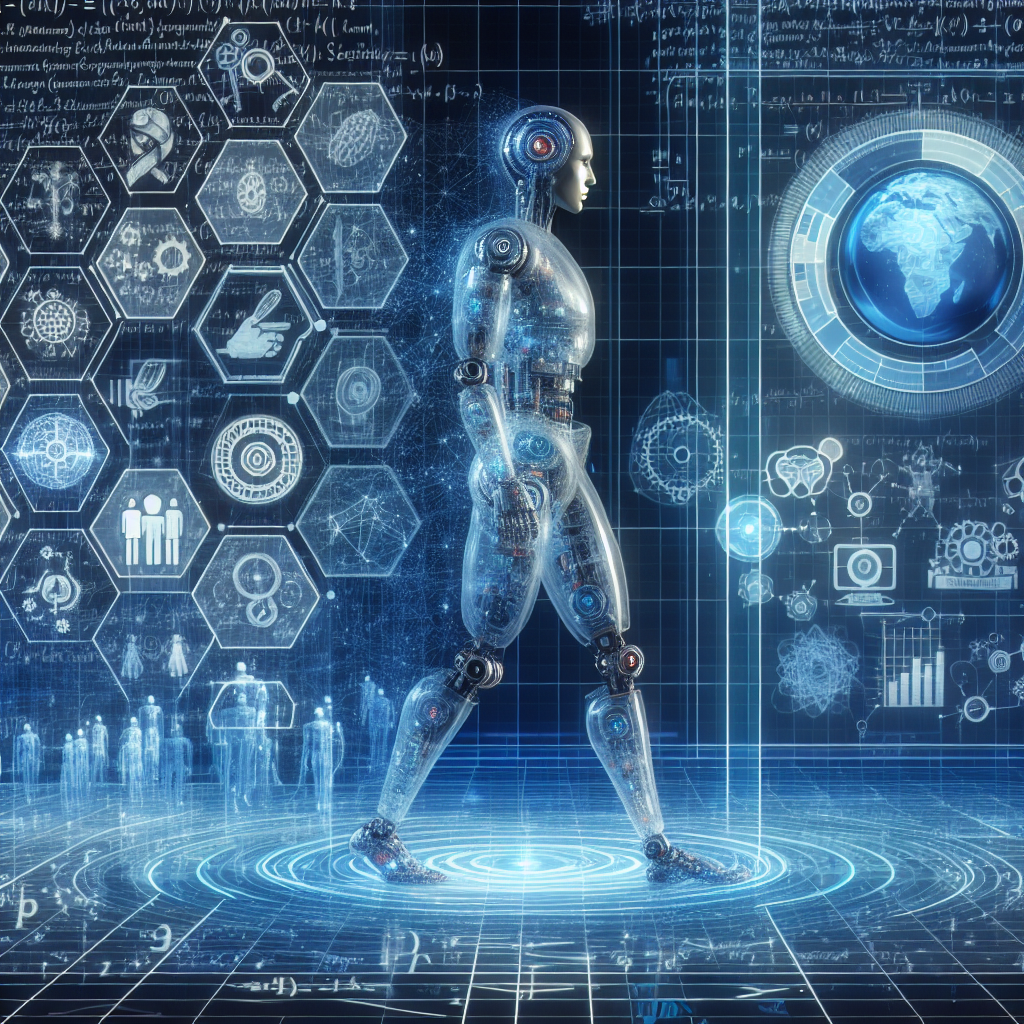Artificial General Intelligence (AGI) is a type of artificial intelligence that possesses the ability to understand, learn, and apply knowledge across a wide range of tasks and domains. Unlike narrow AI systems, which are designed to perform specific tasks within a limited scope, AGI aims to mimic human-like intelligence and cognitive abilities.
The development of AGI has the potential to revolutionize virtually every aspect of human society, from healthcare and education to transportation and entertainment. However, the implications and applications of AGI are still largely unknown, and many questions remain unanswered. In this article, we will explore the future of AGI, its potential implications, and the various applications that could emerge as a result of its development.
Implications of AGI
The development of AGI has the potential to bring about significant changes in society, both positive and negative. One of the most profound implications of AGI is its impact on the workforce. As AGI systems become more advanced and capable of performing a wide range of tasks, they have the potential to automate many jobs currently performed by humans. This could lead to widespread unemployment and economic disruption, as well as a shift in the distribution of wealth and resources.
On the other hand, AGI could also lead to greater efficiency and productivity in many industries, as well as the development of new technologies and services that were previously unimaginable. For example, AGI could revolutionize healthcare by enabling more accurate diagnoses and personalized treatment plans, or improve transportation systems by optimizing traffic flow and reducing accidents.
Another significant implication of AGI is its potential impact on society and ethics. As AGI systems become more intelligent and autonomous, they may raise a number of ethical questions and challenges. For example, how do we ensure that AGI systems behave ethically and in line with human values? How do we prevent AGI systems from being used for malicious purposes or causing harm to humans?
Applications of AGI
Despite the many challenges and uncertainties surrounding the development of AGI, there are also numerous potential applications and benefits to be gained from its advancement. Some of the key areas where AGI could have a significant impact include:
1. Healthcare: AGI could revolutionize healthcare by enabling more accurate diagnoses, personalized treatment plans, and drug discovery. AGI systems could also help to improve patient outcomes by predicting disease progression and identifying the most effective interventions.
2. Education: AGI has the potential to transform education by personalizing learning experiences for students, identifying areas of strength and weakness, and providing tailored feedback and support. AGI systems could also help to automate administrative tasks, freeing up teachers to focus on more meaningful interactions with students.
3. Transportation: AGI could improve transportation systems by optimizing traffic flow, reducing congestion, and improving safety. AGI systems could also help to enable autonomous vehicles, drones, and other forms of transportation that are more efficient and reliable than current options.
4. Finance: AGI has the potential to revolutionize the finance industry by improving risk assessment, fraud detection, and investment strategies. AGI systems could help to analyze vast amounts of data and identify patterns and trends that human analysts may overlook.
5. Entertainment: AGI could enhance the entertainment industry by creating more immersive and interactive experiences for audiences. AGI systems could help to develop more realistic virtual worlds, intelligent characters, and personalized content recommendations.
FAQs
Q: Will AGI replace human workers?
A: While AGI has the potential to automate many tasks currently performed by humans, it is unlikely to completely replace human workers. Instead, AGI is more likely to augment human capabilities and enable new opportunities and industries to emerge.
Q: How can we ensure that AGI systems behave ethically?
A: Ensuring that AGI systems behave ethically is a complex and ongoing challenge. One approach is to design AGI systems with built-in ethical principles and guidelines, as well as mechanisms for oversight and accountability. It is also important to involve a diverse range of stakeholders in the development and deployment of AGI systems.
Q: What are the risks associated with AGI?
A: The development of AGI poses a number of risks, including the potential for job displacement, economic disruption, misuse of technology, and unintended consequences. It is important for researchers, policymakers, and industry stakeholders to work together to address these risks and ensure that AGI is developed and deployed responsibly.
In conclusion, the future of AGI holds immense promise and potential, as well as significant challenges and uncertainties. By exploring the implications and applications of AGI, we can better understand the opportunities and risks associated with this transformative technology. It is essential for society to engage in open and informed discussions about AGI, and to work together to ensure that its development is guided by ethical principles and human values.

